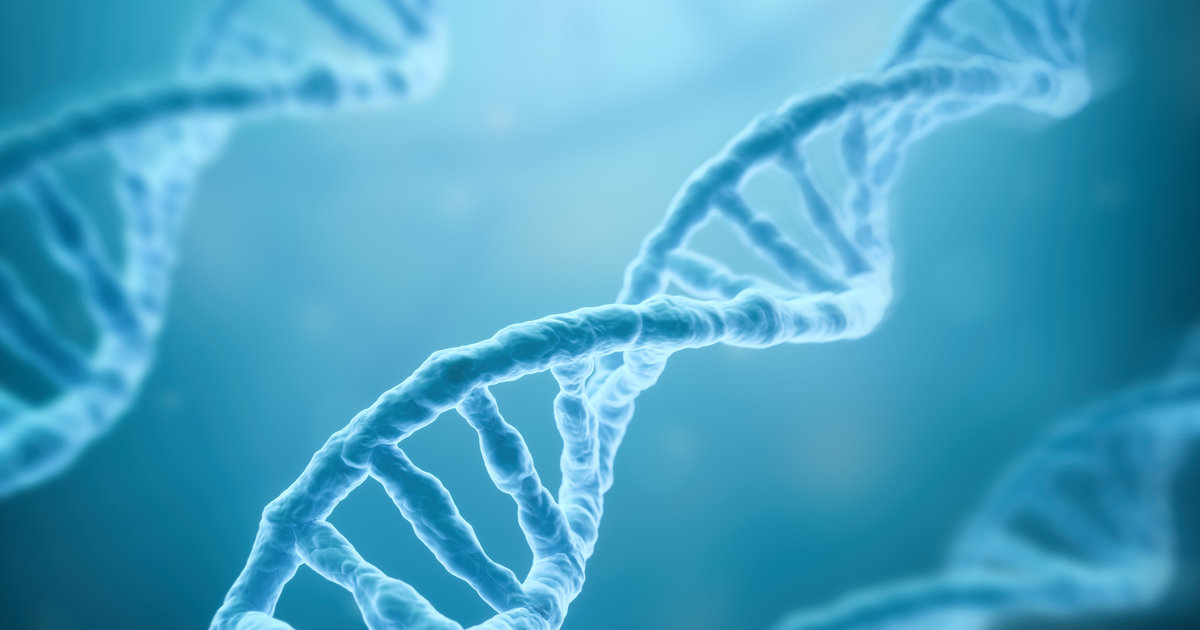Causes, Risk Factors & Complications Of Cystic Fibrosis
Cystic fibrosis is a serious medical condition that causes the buildup of thick, sticky mucus in the body. While it can affect multiple areas of the body, such as the pancreas, bowels, and reproductive organs, most complications of this disease revolve around mucus buildup in the lungs. Although treatments for cystic fibrosis have improved over the years, it's still a degenerative condition. This means cystic fibrosis gets worse over time and generally leads to an early death—most commonly between the ages of thirty and fifty. The following is a look at the causes, risk factors, and medical complications associated with cystic fibrosis.
Gene Mutation

Cystic fibrosis is a genetic condition, meaning it can be passed from parent to child. An individual receives one copy of each gene in their body from both parents, and when these genes don't work properly, the mutation runs the risk of being present in the child as well. Specifically, cystic fibrosis occurs when a gene mutation of the cystic fibrosis transmembrane conductance regulator gene (CFTR) is inherited. This gene is responsible for the body's regulation of fluids and salt within cells, and when it does not work properly, it causes the buildup of mucus within the lungs that's associated with cystic fibrosis.
Keep reading for more on the causes and risk factors of cystic fibrosis.
Family History

However, cystic fibrosis is a recessive condition, which means both parents must pass on a copy of the mutated CFTR gene for it to be present in a child. If it's inherited from only one parent, the mutation will not occur. And even when parents both have the mutated gene, there is only a twenty-five percent chance their child will develop the disease. Instead, it's much more common for a child to be a carrier of cystic fibrosis—which means they have the genetic mutation but do not present symptoms. Because of the variable chances of inheriting cystic fibrosis, it's important for individuals to be familiar with their family history of the disease. Just because they (or any close relatives) don't suffer from the disease doesn't mean they aren't carrying the CFTR mutation, which could be inadvertently be passed along to their children.
Discover more about complications of cystic fibrosis now.
